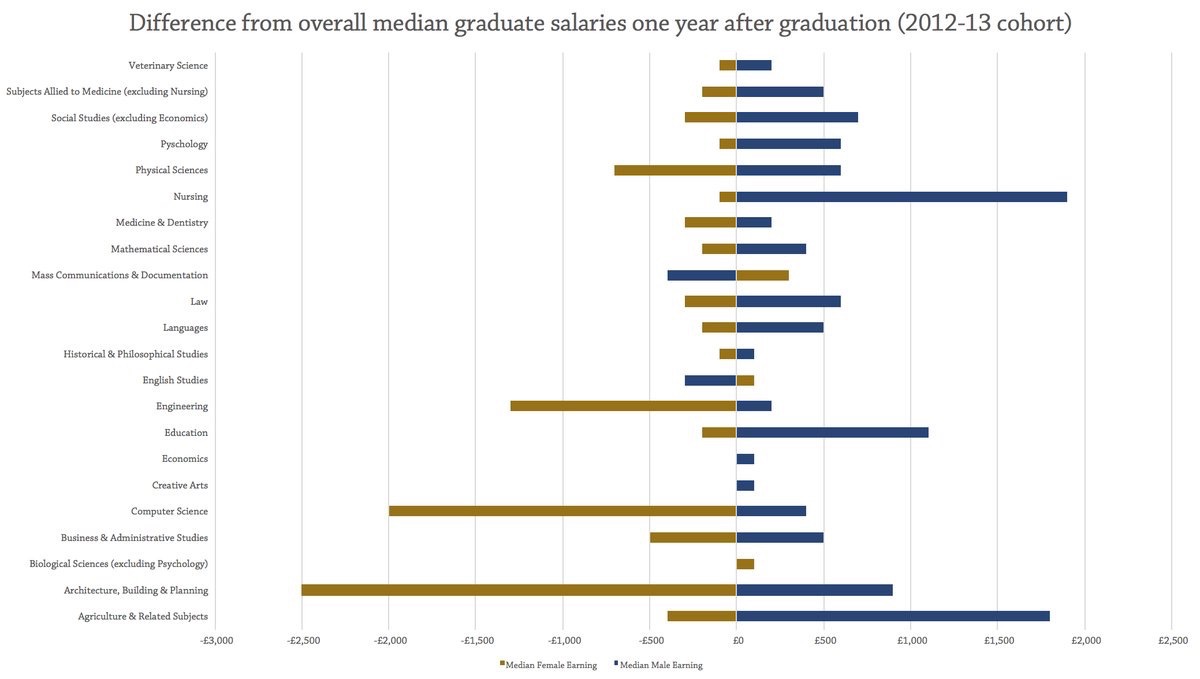Today the fellow-bloggers on Pontydysgu site can congratulate Graham Attwell on his birthday. I hope there is no home-made rule that would prevent us from celebrating this day via his own website. Cheers, Graham!
Years and more …
Today the fellow-bloggers on Pontydysgu site can congratulate Graham Attwell on his birthday. I hope there is no home-made rule that would prevent us from celebrating this day via his own website. Cheers, Graham!
Years and more …
Today the fellow-bloggers on Pontydysgu site can congratulate Graham Attwell on his birthday. I hope there is no home-made rule that would prevent us from celebrating this day via his own website. Cheers, Graham!
Years and more …

In our work on Labour Market Information Systems, we frequently talk about the differences between labour market information and labour market intelligence in terms of making sense and meanings from statistical data. The graph above is a case in point. It is one of the outcomes of a survey on Graduate Employment, undertaken by the UK Higher Education Statistics Agency (HESA).
Like many such studies, the data is not complete. Yet, looking at the pay by gender reveals what WONKHE call “a shocking picture of the extent of the pay gap even straight out of university, and how different subject areas result in a diverse range of pay differences.”
Understanding why there is such a gap is harder. One reason could be that even with equal pay legislation, employers simply prefer to employ male staff for higher paid and more senior jobs. Also, the graph shows the subject in which the students graduated, not the occupational area in which they are employed. Thus the strikingly higher pay for mean who undertook nursing degrees may be due to them gaining highly paid jobs outside nursing. Another probable factor in explaining some of the pay gap is that the figures include both full and part time workers. Nationally far more women are employed part time, than men. However, that explanation itself raises new questions.
The data from HESA shows the value of data and at the same time the limitations of just statistical information. The job now is to find out why there is such a stark gender pay gap and what can be done about it. Such ‘intelligence’ will require qualitative research to go beyond the bald figures.

High or low skills? Graduate job or not?
For a number years now I have been working on projects developing the use of open data for careers counselling, advice and guidance. This work has been driven both by the increasing access to open data but also by the realisation of the importance of Labour Market Information (LMI) for those thinking about future education and / or jobs. And of course with high levels of job insecurity, such thinking becomes more urgent and in an unstable economy and labuor market, more tricky.
Yet even if we clean the data, add it to a database, provide and open API for access and develop tools for data visualisation, interpretation is still not easy. Here is one case, taken from this mornings Guardian newspaper.
Although the article is using the chart to show the rapid growth in knowledge intense occupations, I am not sure it does. Assuming that these are percentage change based on the original job totals, it probably show growth in low skilled jobs is far outstripping high skilled work, especially in the last 12 months. And that is taking into account that (once again probably) most job loss due to technology is focused din low skilled areas – e.g the quoted 70,00 jobs lost in supermarket check outs due to automation.
I am also interested to see from wonkhe that “The Higher Education Statistics Agency (HESA) who have been running the Destination of Leavers Survey (DLHE) and its predecessors for 21 years, are now consulting widely on the future of assessing graduate outcomes.” For some time now there has been disquiet about the numbers of graduates working in ‘non graduate’ jobs. And that raises questions – just like the graph above focusing on high skills occupations – on just what a graduate job is. André Spicer, professor of organisational behaviour at the Cass Business School, City University London has cited “studies suggesting that the jobs which require degree-educated employees have peaked in 2000 and may be going down” and notes that many people apparently employed for their high-level specialist skills end up doing sales and marketing or fairly routine generalist work.
All this of course is highly subversive. Officially we are moving towards a high skilled economy needing more graduates and requiring higher level apprenticeships. My feeling in country slick Spain with high youth unemployment is what we need are apprenticeships in areas like construction and hospitality – both because they are sectors which can provide employment and also where higher skills are desperately needed to improve quality and productivity. Yet for governments there is an awful temptation to launch programmes in new ‘sexy’ areas like games technologies despite the scarcity of jobs in these fields.
Labour Market Information (LMI) is not perhaps the most popular subject to talk about. But with the advent of open and linked data, LMI is increasingly being open up to wider audiences and has considerable potential for helping people choose and plan future careers and plan education programmes, as well as for use in research, exploring future skills needs and for social and economic planning.
This is a video version of a presentation by Graham Attwell at the Slovenian ZRSZ Analytical Office conference on “Short-term Skills Anticipations and Mismatch in the Labour Market. Graham Attwell examines ongoing work on mid and long term skills anticipation in the UK. He will bases on work being undertaken by the UK Commission for Employment and Skills and the European EmployID project looking, in the mid term, at future skills needs and in the longer term at the future of work. He explains the motivation for undertaking these studies and their potential uses. He also explains briefly the data sources and statistical background and barriers to the wok on skills projections, whilst emphasising that they are not the only possible futures and can best serve as a a benchmark for debate and reflection that can be used to inform policy development and other choices and decisions. He goes on to look at how open and linked data is opening up more academic research to wider user groups, and presents the work of the UKCES LMI for All project, which has developed an open API allowing the development of applications for different user groups concerned with future jobs and future skills. Finally he briefly discusses the policy implications of this work and the choices and influence of policymakers in influencing different futures.